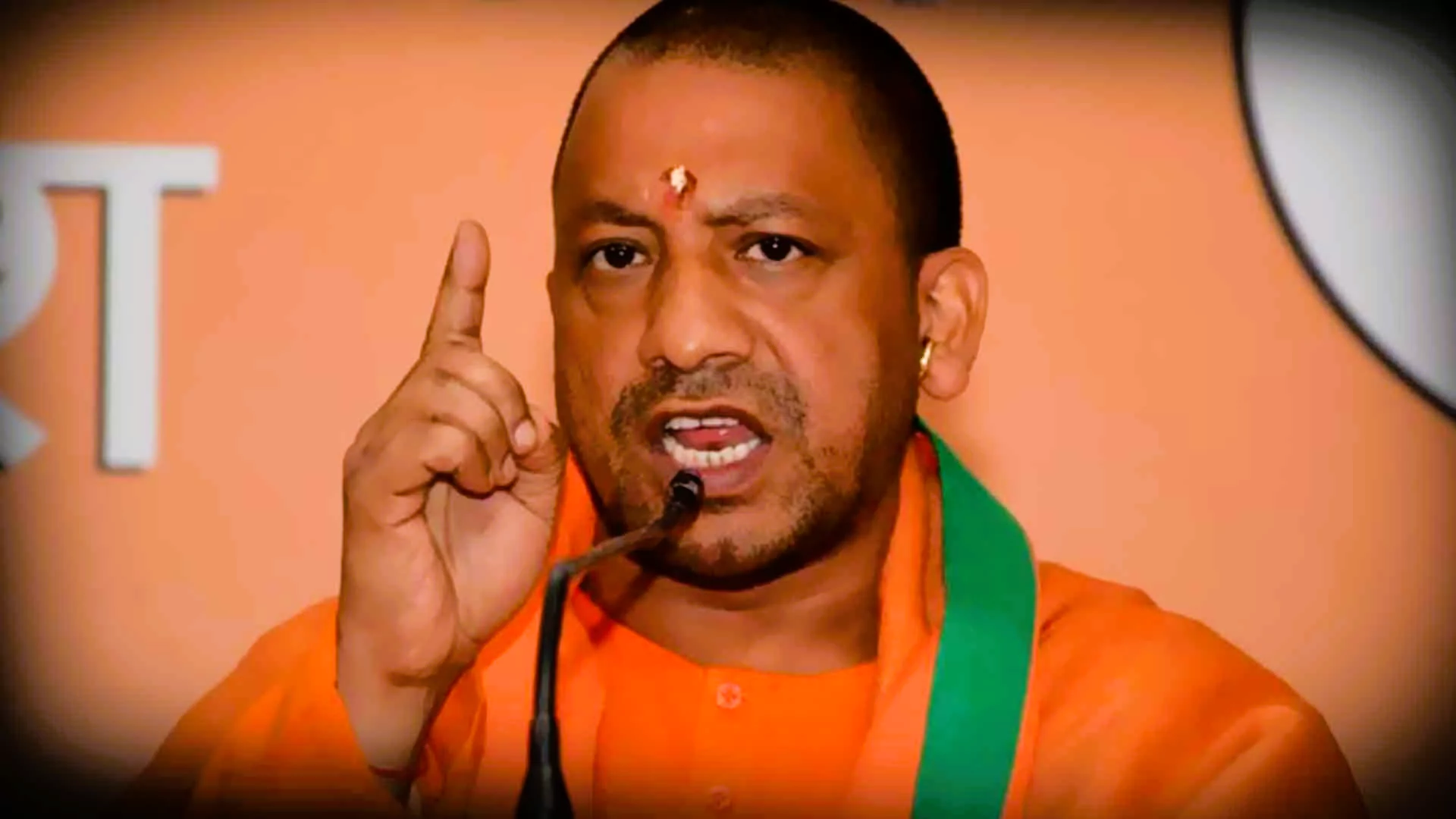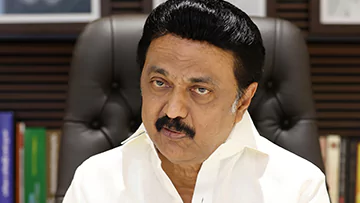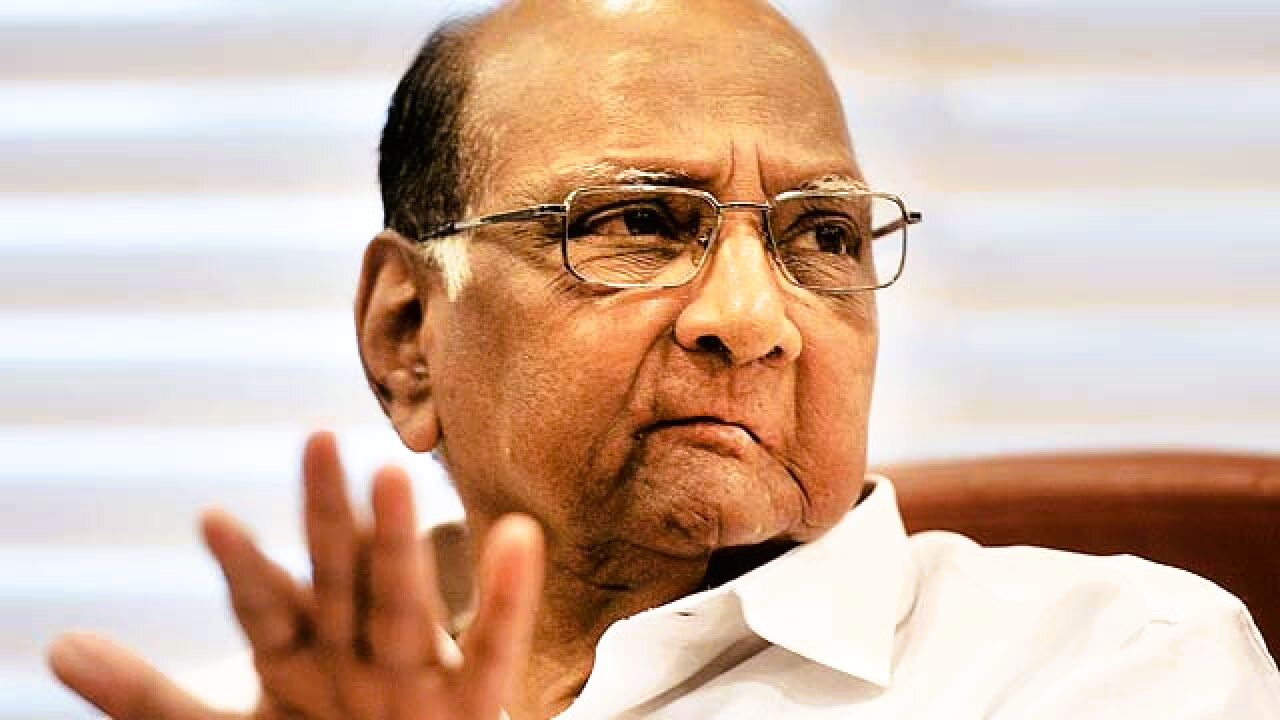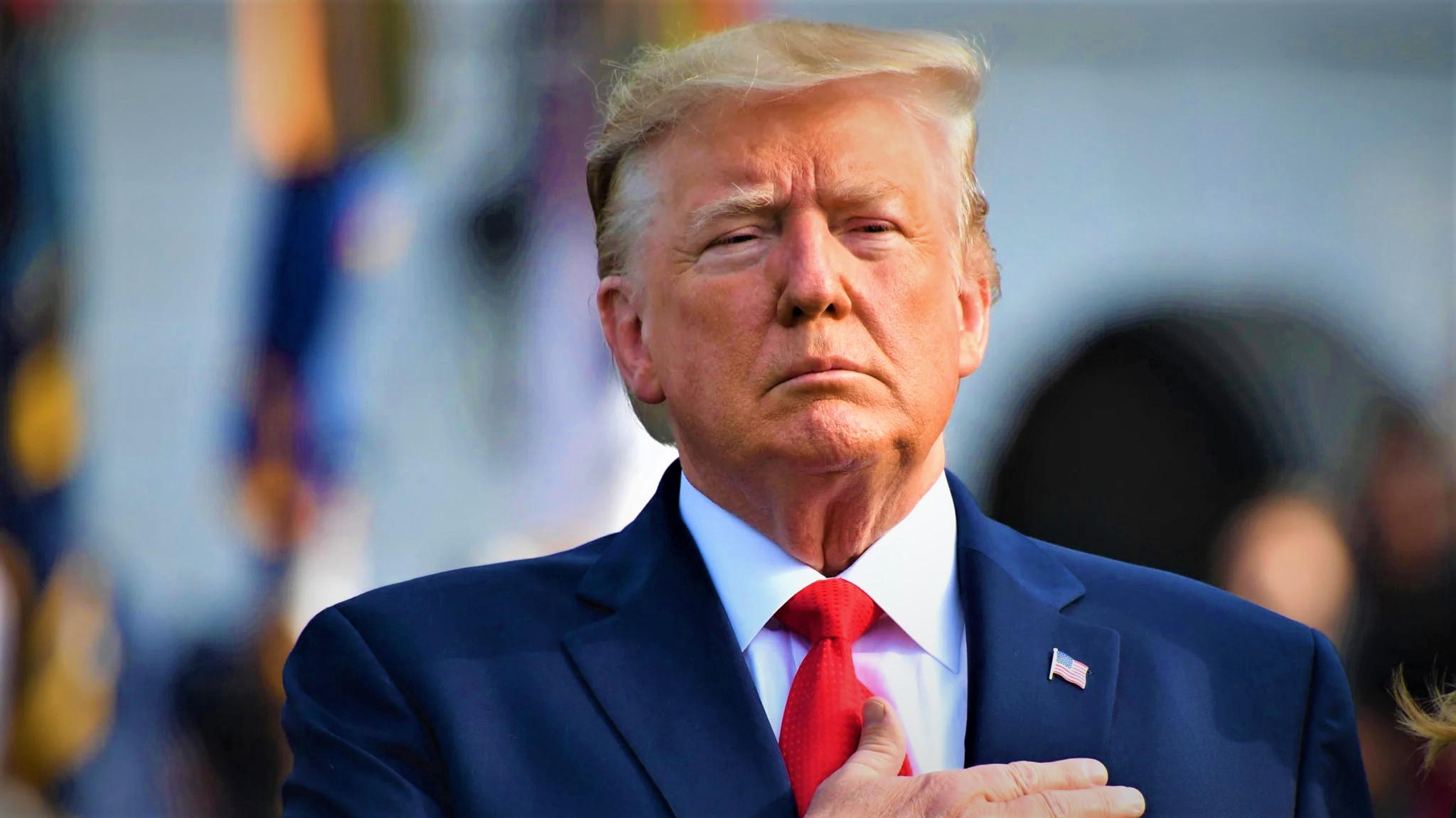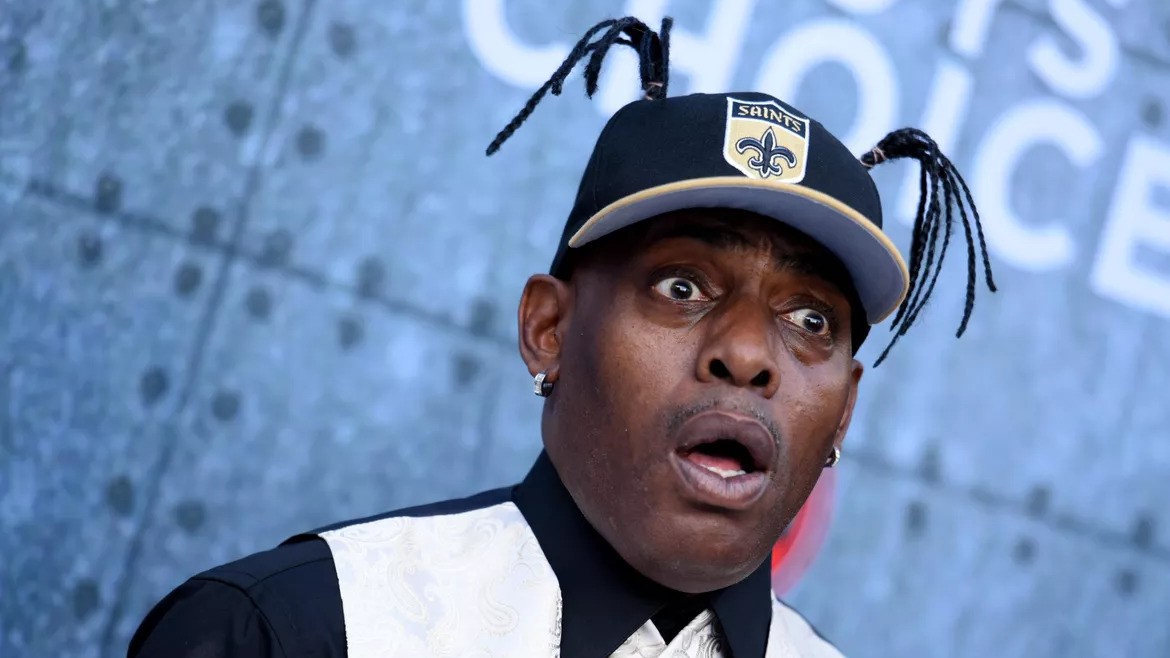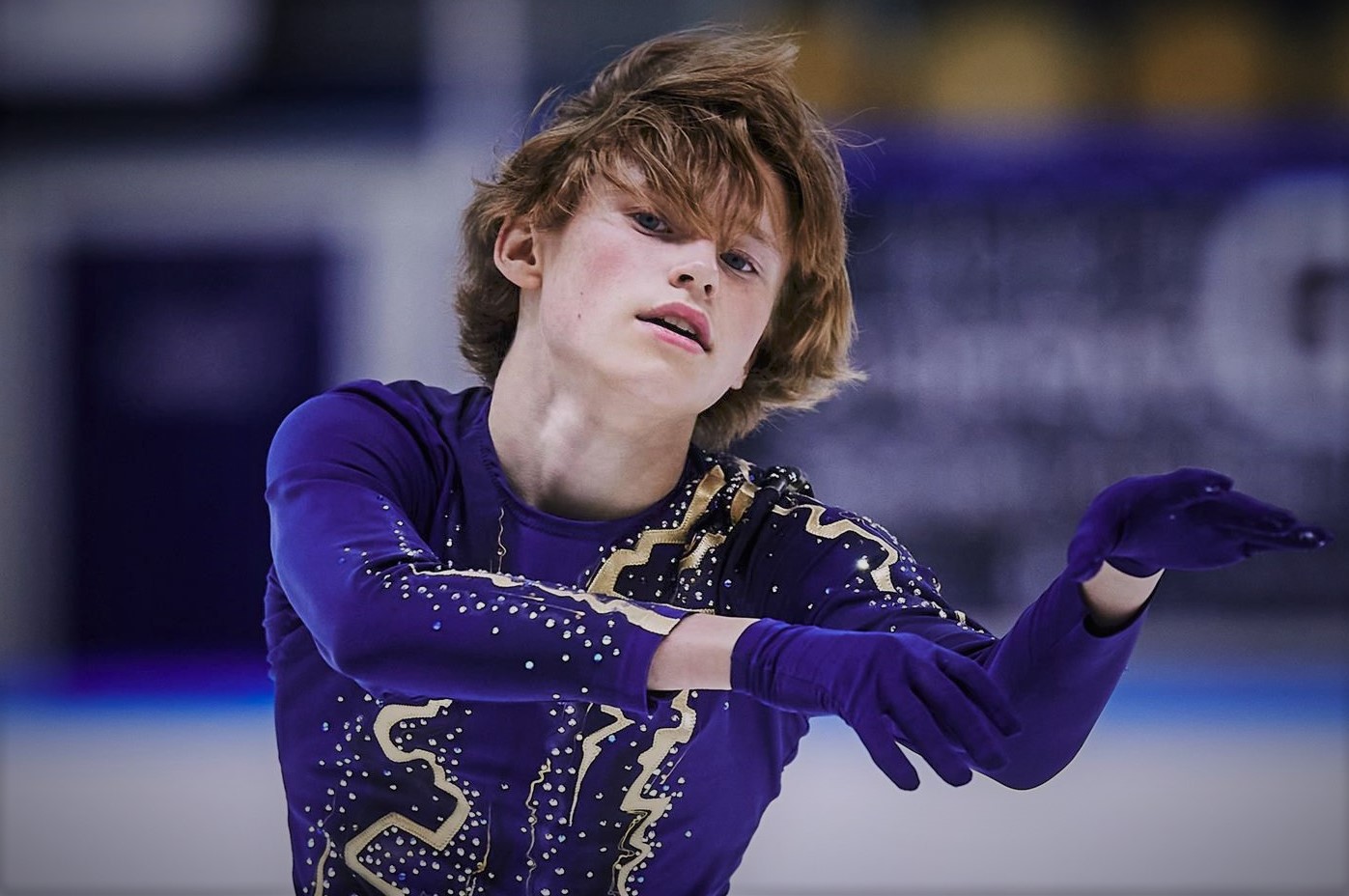Who is Yogi Adityanath
Yogi Adityanath will continue as the Chief Minister of Uttar Pradesh for the second term. The swearing-in ceremony will be held on 25 March 2022 (Friday) at 4 pm at the Bharat Ratna Shri Atal Bihari Vajpayee Ekana Cricket Stadium in Lucknow.
The event is expected to be a grand affair and will see the presence of top party leaders including Prime Minister Narendra Modi, Home Minister Amit Shah, Defense Minister Rajnath Singh, BJP President JP Nadda and led by various ministers from the BJP state.
Yogi Adityanath: Childhood, Family and Education
He was born on June 5, 1972 from a Gharwali Rajput family in Uttarakhand. His real name is Ajay Singh Bisht. His father, Anand Singh Bisht was a forest superintendent. He completed his primary education from a school in Pauri and Rishikesh. He received his bachelor’s degree in mathematics from Hemvati Nandan Bahuguna Garhwal University.
Around 1990, he joined the Ayodhya Ram temple and became a disciple of the high priest of Gorakhnath Math Mahant Avaidyanath. Eventually, he was given the title ‘Yogi Adityanath’ and became the successor of Mahant Avaidyanath.
Mahant Avaidyanath named Yogi Adityanath who succeeded him around 1994 and became the head priest of Gorakhnath Math. Hence, he was also named after the successor of Gorakhnath Math. Then it was his responsibility to manage the schools, colleges and hospitals run by the Gorakhnath Trust Fund.
Early political career
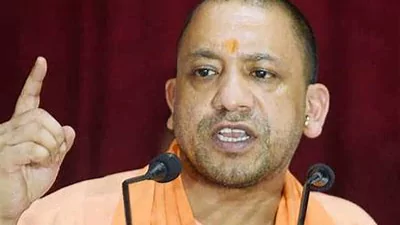
Yogi Adityanath belongs to the Hindutva political tradition in Uttar Pradesh, which can trace its roots to Mahant Digvijay Nath, who led the Hindus to occupy the Babri Masjid in Ayodhya in 1949. Digvijay Nath and his successor, Mahant Avaidyanath, were the owners. Hindu Mahasabha. and served in Parliament on his ticket. In the 1980s, the BJP and the Sangh Parivar, two streams of Hindu nationalism, came together in the Ayodhya movement. Switching to the BJP in 1991, Avaidyanath retained considerable power.
In 1994, Yogi Adityanath succeeded Avaidyanath as the Mahant of Gorakhnath Math. He was elected to the lower house of the Indian Parliament (Lok Sabha) four years later. The Hindu Yuva Vahini, the youth wing formed by Adityanath after his first election victory, is best known for its activities in eastern Uttar Pradesh and has played a key role in his meteoric rise. BJP leaders and Adityanath have repeatedly disagreed over the allocation of election tickets. Despite rising tensions, the BJP did not allow them to expand because Adityanath was its supporter.
A major media issue in 2006 was the alliance between the Nepalese Maoists and the Indian leftist parties, and he urged Madhesi leaders to oppose Maoism in Nepal. While traveling to Azamgarh for an anti-terrorism rally, his convoy was attacked in 2008. One person was killed and at least six others were injured in the attack. Deputy
In the twelfth Lok Sabha, Adityanath was the youngest member at the age of 26. For five consecutive terms (in 1998, 1999, 2004, 2009 and 2014), he was elected to the Parliament of Gorakhpur. In the 16th Lok Sabha, Adityanath attended 77% of the sessions, asked 284 questions, participated in 56 debates and introduced three bills.
His relationship with the BJP
Having established his own power in eastern Uttar Pradesh, with the support of the Hindu Yuva Vahini and Gorakhnath Math, Adityanath is confident that he can define his strategy with the BJP. He criticized and criticized the BJP for its marginalization of Hindutva ideology.
He riled the electorate against BJP politicians when his voice was not heard. In 2002, Radha Mohan Das Agarwal, a politician from Gorakhpur, ran as a Hindu Mahasabha candidate and defeated Shiv Pratap Shukla, a BJP minister, by a landslide. Adityanath had threatened in 2007 to field 70 candidates against BJP candidates for the state assembly. However, he decided to make a deal. BJP candidates who were defeated in the 2009 assembly elections said that Adityanath was against it.
Yogi Adityanath was kept in good spirits by the RSS and BJP leaders despite his occasional defiance. Vice President L.K. visit him. Advani, RSS leader Rajendra Singh and VHP leader Ashok Singhal. In conjunction with the BJP state leaders’ meeting from 22-24 December 2006 in Lucknow, Adityanath organized a three-day Virat Hindu Mahasammelan in Gorakhpur. Despite the controversy, several RSS and VHP leaders attended the Mahasammelan and pledged to pursue the cause of Hindutva despite the BJP’s “abandonment”.
During the debate on the Women’s Reservation Bill in Parliament, Adityanath was one of the many BJP MPs who challenged the party’s whip. He was campaigned by the BJP’s candidate for the Rajasthan State Assembly elections, Pratap Puriji Maharaj in 2018.

